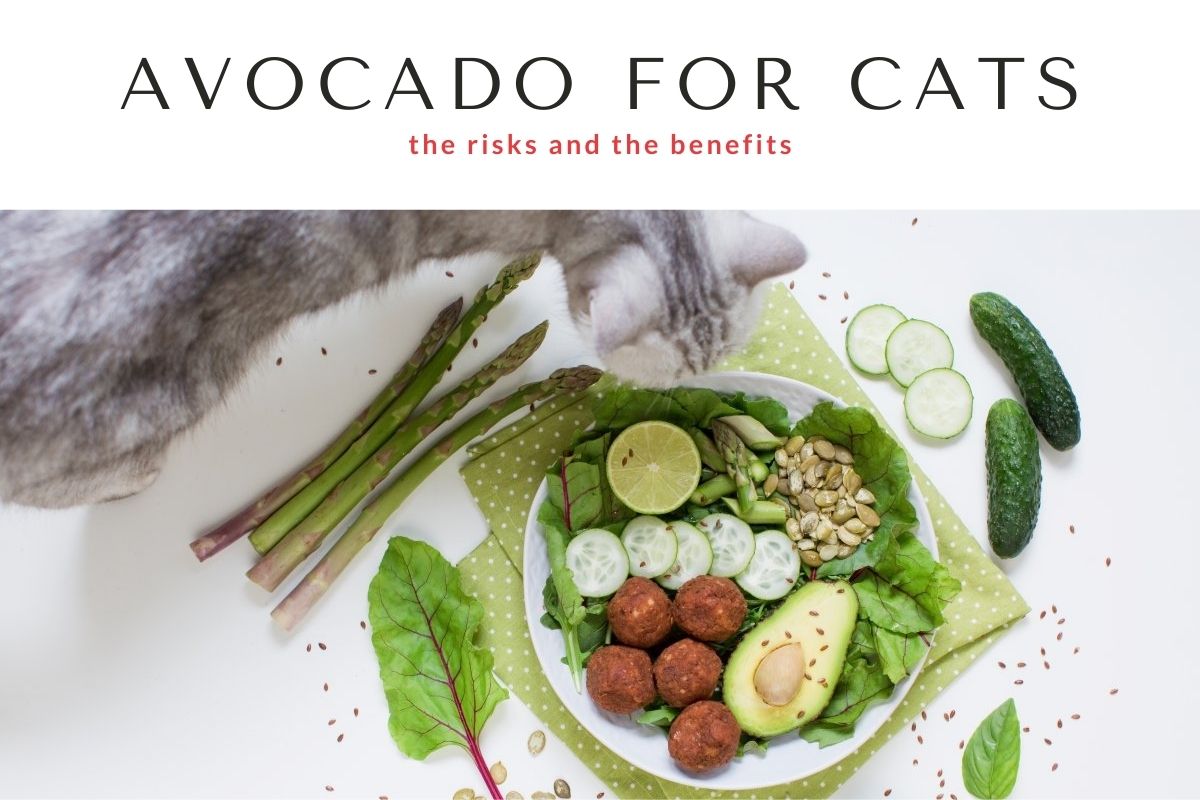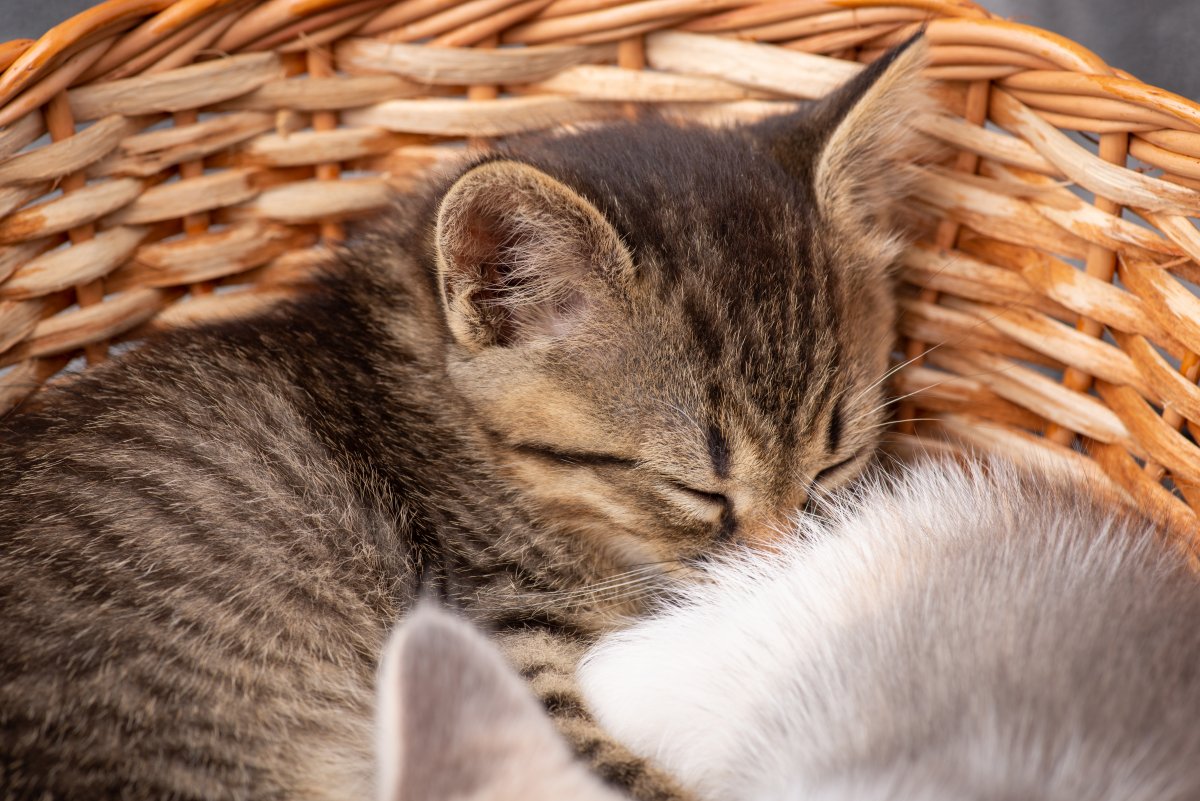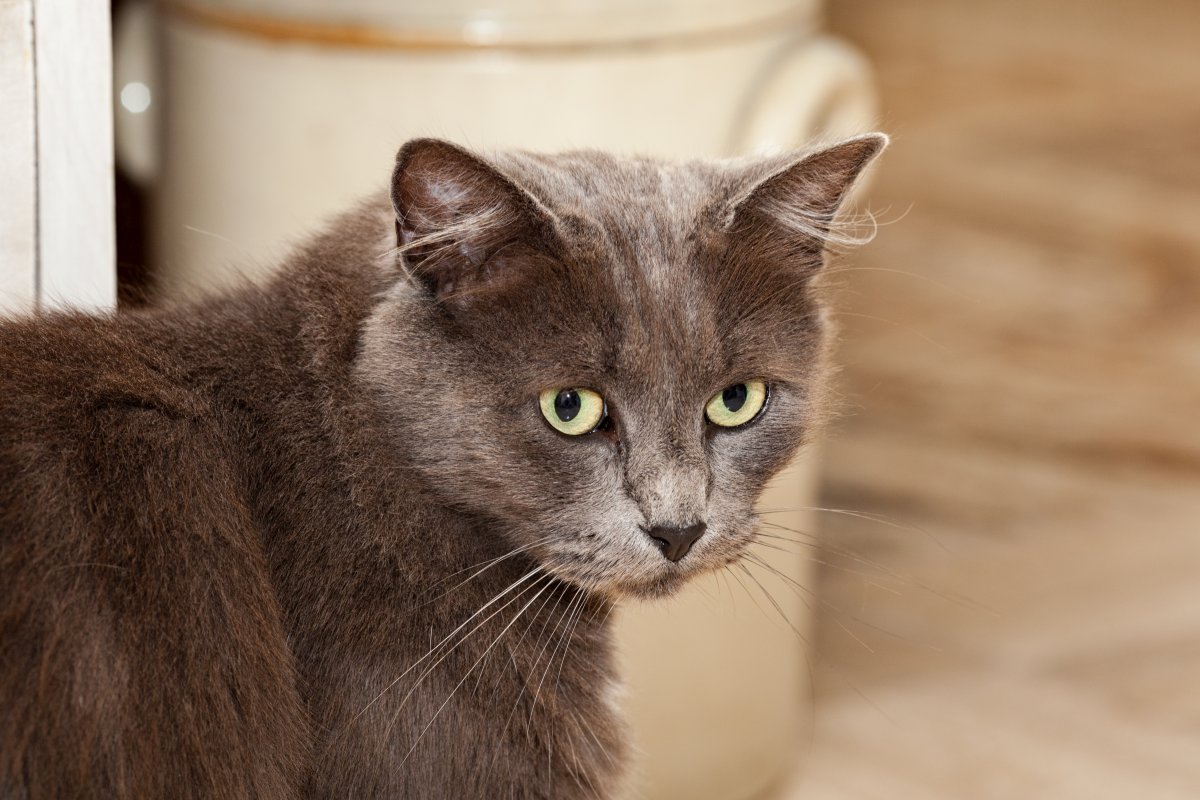You might often wonder if your cat would appreciate your favorite foods as much as you do. When you observe your cat purring while eating your fresh avocado toast, you may believe they’re asking for some. But then you pause for a moment, wondering that it might be harmful.
Is avocado good for cats or bad for them? Continue reading to find out more.
Can Cats Eat Avocados?
Fruits and vegetables, including avocado, are not intended for cats to consume. However, a cat who takes a tiny portion of avocado is improbable to have any health complications.
Avocado peel is hazardous as it contains persin, commonly toxic to cats. A modest amount, according to veterinarians, is entirely safe if the cat does not consume the skin or the layer that surrounds the pit.
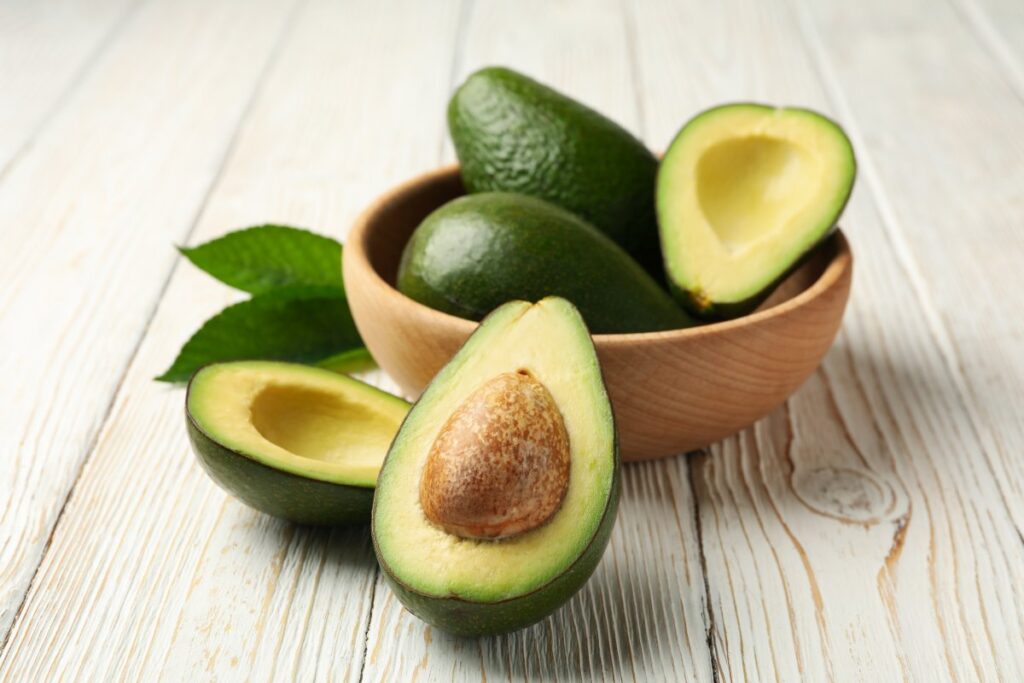
Are Avocados Good for Cats?
Avocados are as nutritious for cats as they are for people if served in the proper quantities.
Beneficial Fats
Avocados are a beneficial source of monounsaturated fats and contain a small number of trans fatty acids or saturated fat. Avocado oil is beneficial to the cat’s skin and aids in the maintenance of healthy circulation, and it also has anti-inflammatory effects.
Nutritious
A tiny amount of this fruit has a lot of nourishment. The great thing about avocado is that it contains no fats, salt, or sugar. Adding an avocado treat periodically can benefit your cat immensely, and this nutritious food will enhance your cat’s fur, skin, and overall health.
Excellent Antioxidant Source
Avocados include antioxidants, which protect and repair cellular damage. They are a potent immunity booster and anti-inflammatory substance. The optimum amount of these can be observed nearest the fruit’s surface. A monthly meal of avocado flesh will supplement your cat’s diet with some of these vital nutrients.
Side Effects of Avacado
Many pet parents assume that avocados are dangerous to their cats. Although it’s true that avocados contain Persin and are toxic, this does not mean that your cats will die if they eat a modest amount. Their health may be harmed only if they consume a lot of avocados.
Staying conscious of such indications is essential since it helps you protect your cat. Cats may experience symptoms after eating avocados, such as:
- Vomiting/diarrhea
- Gastrointestinal pain
- Trouble passing feces.
Other significant issues to be concerned about when cats eat avocado are as follows:
- The pit can be a choking threat for cats or lead to stomach obstruction.
- Some avocados’ stems, leaves, peels, and pits poison cats.
- Specific avocado components may create problems in older cats, kittens, or those who have pre-existing medical difficulties. Older cats and kittens cannot digest it effectively, resulting in a stomach ailment.
- Some cats may have allergic to avocado, leading to irritation and inflammation.
If you offer your cat a fair bit of avocado flesh, it is unlikely that your cat will become ill. Stop offering avocado to your cat and call your veterinarian if any of the above symptoms occur.

Avocado Substitutes for Cats
If your feline companion likes healthy human snacks, there are lots of vegetables and fruits that you may safely give them instead of avocado.
Alternatives to avocado for cats include:
- Zucchini
- Spinach
- Pumpkin
- Peas
- Peaches
- Melon
- Green bell peppers
- Celery
- Carrots
- Broccoli
- Asparagus
- Apples
Suppose your cat has gastrointestinal disorders or pancreatitis. In that case, it’s recommended to avoid avocado entirely, as even little levels of Persin can be toxic for cats with these diseases.
How Many Avocados Can Cats Consume?
There is a substantial danger of stomach discomfort if your cat overeats avocado, resulting in chronic symptoms, diarrhea, and stomach upset. To avoid illness in your cat, only feed modest amounts of avocado, ideally a small slice the size of a tablespoon, mixed with the cat’s food. If your feline like the creamy, velvety, delightful taste, it can also be used as a delicacy given once every week.
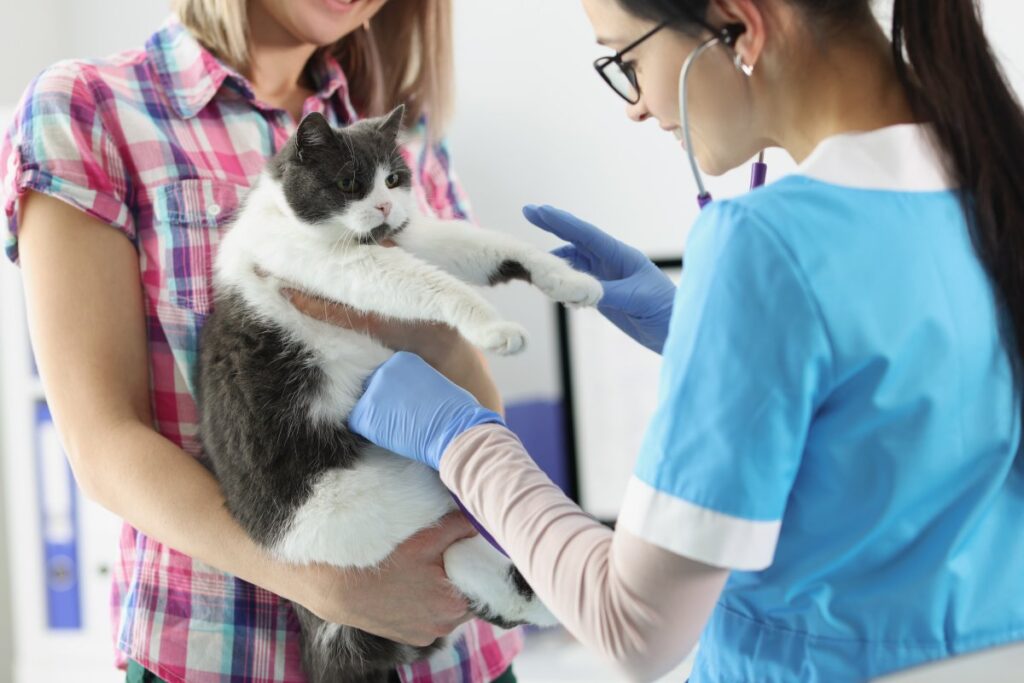
What Is the Right Way to Give Avocado to Your Cat?
If your furry companion loves to feed on avocado, here’s how you should offer them:
- Completely peel off the skin.
- Remove the pit and the leaves.
- Mix a tiny amount of avocado flesh into their meal and feed it to your cat.
- Avocados should only be consumed in rare situations, and you must never feed avocados to your cat daily.
As with any alteration in the diet regimen, you’ll want to watch for any indications of discomfort if you decide to feed avocado to your cat. Please take note of their behavior, fluffy texture and thickness of their fur, and potty habits.
It is critical to balance your cat’s diet regularly to ensure a healthy pet. Visit your veterinarian if you have any queries about whether your cat can consume avocado or what amount of avocado your cat can eat. Your vet will be able to provide recommendations and observe your cat to assist you in obtaining the proper equilibrium.
The Takeaway
We continually try to safeguard our furry companion and provide the finest care possible. Obtaining vital knowledge on nutritious food or what food our cats should eat is good homework.
Generally, avocado flesh is a portion of healthy and safe food to feed your cat, and it has particular health benefits as well. However, please do not feed them the skin or the pit. Cats with a background of pancreatitis or stomach issues should also avoid eating this fruit.

